Chang Chia-yun returned to the R.O.C. from Paris last year, where he spent the last ten years. His return was something like Grannie Liu (an old countrywoman in Ts'ao Hsueh-ch'in's classic Chinese novel The Dream of the Red Chamber) entering the Grand Viewing Garden. He looked on in bewilderment as he saw the streets filled with varicolored signs--MTV centers, karaoke shops, ti-ssu-k'ou and K-book centers.
In the theater section of the newspaper a singer is hurrying off to tso hsiu and in the magazines there's a special feature known as "Chao Shao-k'ang VS. K'ang Ning-hsiang." Seeing all of this filled Chang's mind with questions.
Actually, in just one year and a half of being away from Taiwan and you'll discover that there's a big difference when you return, not to mention ten years!
Perhaps you know the clever origins of the following expressions borrowed from foreign languages: T-hsu meaning T-shirt, p'i sa meaning pizza, and Mai tang lao meaning McDonald's. Husbands are referred to as lao kung and wives are called lao p'o from the Cantonese. Something trivial is known as "hsiao case," or "little case." If you're crazy about something then you've fa shao or "come down with a fever." If you're doing poorly in class you may tang meaning "fail."
"If you know how to speak a few foreign phrases then you won't be laughed at by your classmates," says a high school girl quite naturally, "Everyone knows how to say a few foreign phrases."
In fact, foreign words or phrases in China have been around for a long time.
Liu Chao-yu, professor at Soochow University, points out in an essay that, "In former times, the language in China actually referred only to the language of the Han people. Therefore, any other terminology which came from languages other than that of the Han people was referred to as wai lai yu or 'a term borrowed from a foreign language.'"
The way of transliterating or translating these words from foreign languages has a 2,000-year history.
After Buddhism was introduced during the Han dynasty (206 B.C.-219 A.D.) there was a need to translate the Buddhist scriptures. The result was the introduction of many foreign words such as ch'an (dhyana, or zen) and ho shang (a monk).
Professor Liu says that during the Ming (1386-1644) and Ch'ing (1644-1911) dynasties communication with the West was close, and, as a result, foreign words such as sha fa (sofa), and ya pien (opium), and yin ch'ing (engine) became increasingly common.
The creators of such words include reporters in mass media, hosts of television programs, advertisers, lyricists, and translators. But for the most part, there are many terms for which there is no explanation for their origin.
Generally speaking, foreign words can be classified as follows: A total borrowing of the word itself such as shou ssu (sushi), which comes from Japanese and "MTV," which comes from English. Transliterations: such as you fu (UFO), ti ssu k'o (disco), t'o k'ou hsiu (talk show), and Hsiang chi shih (Sunkist), as well as the names of places, countries, and names.
Words may also be translated according to their meaning rather than their pronunciation. One example is the word nai you (butter) which literally means "milk oil."
In addition to the above, there are "mixtures," which combine the pronunciation and meaning of a word. For example, the Chinese word Ai ssu ping (love death disease) is the equivalent of the English abbreviation AIDS (Acquired Immune Deficiency Syndrome). The character which indicates disease or illness, ping, is added on to the tail of the Chinese word to make the meaning of the word more clear.
Chemical elements such as oxygen and sodium in Chinese make use of the traditional method of forming a character by which both pronunciation and form are grouped together.
If both the pronunciation and meaning of a word can be combined into one, then that's all the better. One example of this is "TOEFL" (Test of English as a Foreign Language), which has been translated into Chinese as t'o fu, a phrase meaning "thanks" when used in reply to others' congratulations on success. Not only is it close to the original pronunciation, but it also makes for a very interesting creation. Mi ni ch'un (miniskirt), Ch'uan Lu (Xerox) which literally means "copy the entire thing," and wei t'a ming (vitamin), which literally means "maintain his life," are all rather vivid.
"MTV" actually stands for "Musical Television Video," but has become a synonym for audiovisual centers in general. In an MTV center you can enjoy a video and a beverage of your choice. "CD" stands for the new craze--"compact disc."
The Chinese word hsiu comes from the English word "show." On Taiwan tso hsiu means to go on stage to perform or do a show.
Beware. If someone says, "Okay, you've already been late 'N' times!" it should be taken as a warning that you've been late countless times. "N" represents an infinite degree.
The word "punk" originated in England and was used as a synonym for "garbage" or "a rascal." It was used by the young working class after the war, who sought to express themselves differently from their elders. Their common "symbols" may include a pointed hair style or leather steel studded belts and straps all over their body, or tattered clothing. Now the two Chinese characters p'ang k'e (punk) are used as an adjective in words such as "punk hair style" and "punk clothing."
Some people may be concerned with the large number of foreign words being used in Chinese and wonder if it will have an adverse effect on our country.
"There's nothing to fear," says Professor Li Chen-ch'ing at the Mandarin Training Center of National Taiwan Normal University, who explains that in Japan when they're in a fix for a word they borrow one from another language and turn it into Japanese. As a result of this borrowing, the Japanese language is made richer and more lively. There haven't been any adverse effects on its culture.
Professor Liu Chao-yu's argument is similar. He says that an increase in foreign words will naturally affect the degree of pureness of the language, but language itself is limited in time. Every era has its own special phrases and syntax. "By adjusting foreign words to fit the local norm and making them become a part of today's Chinese, then not only will they not affect the purity of the language, but they will make the language even richer.
Okay, that's it for now. Sayonara, tsai chien--so long!
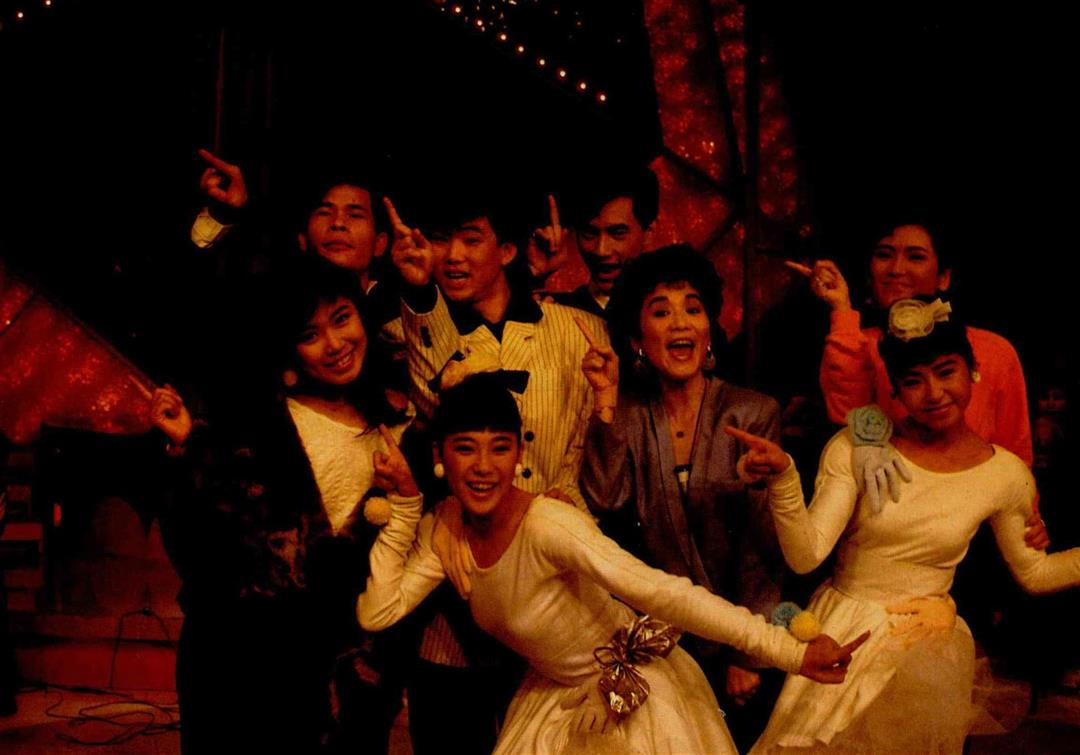
A word or expression used by the host of a variety show on television may become popular in no time on Taiwan. Shown here is the "Happy WeekendP'ai" television program. "P'ai" meaning "pie" is a term borrowed from a foreign language.
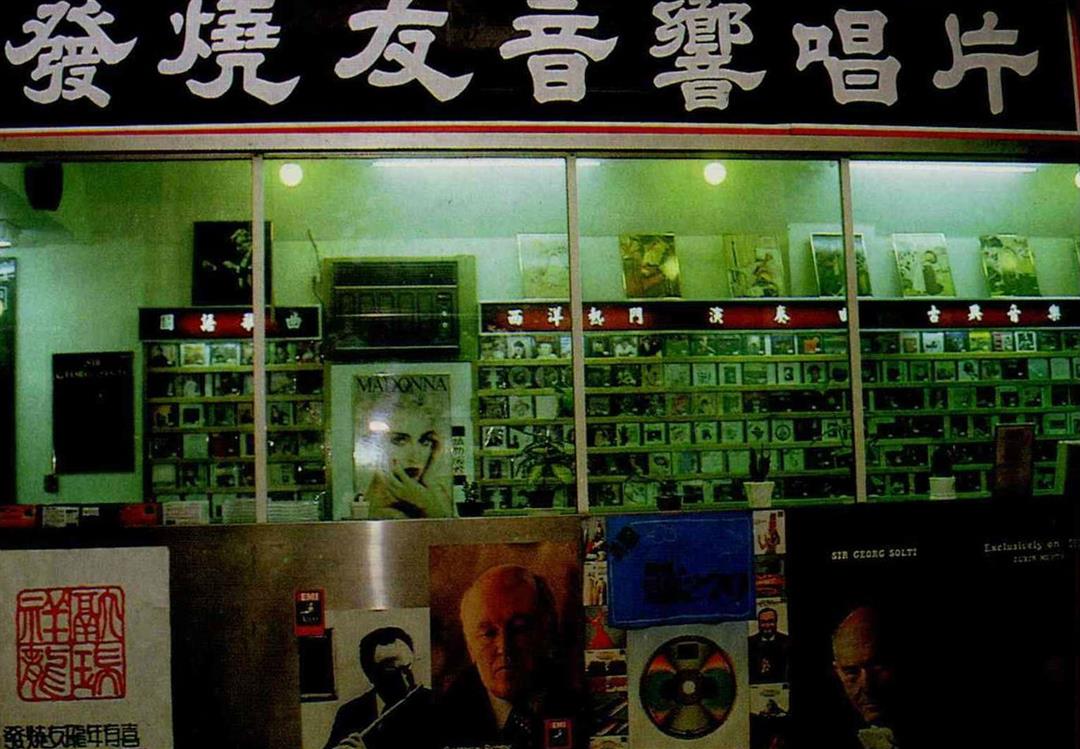
"Fever friends" from Hong Kong has nothing to do with catching a cold. "Stereo fever friends" is a synonym for stereo fanatics.
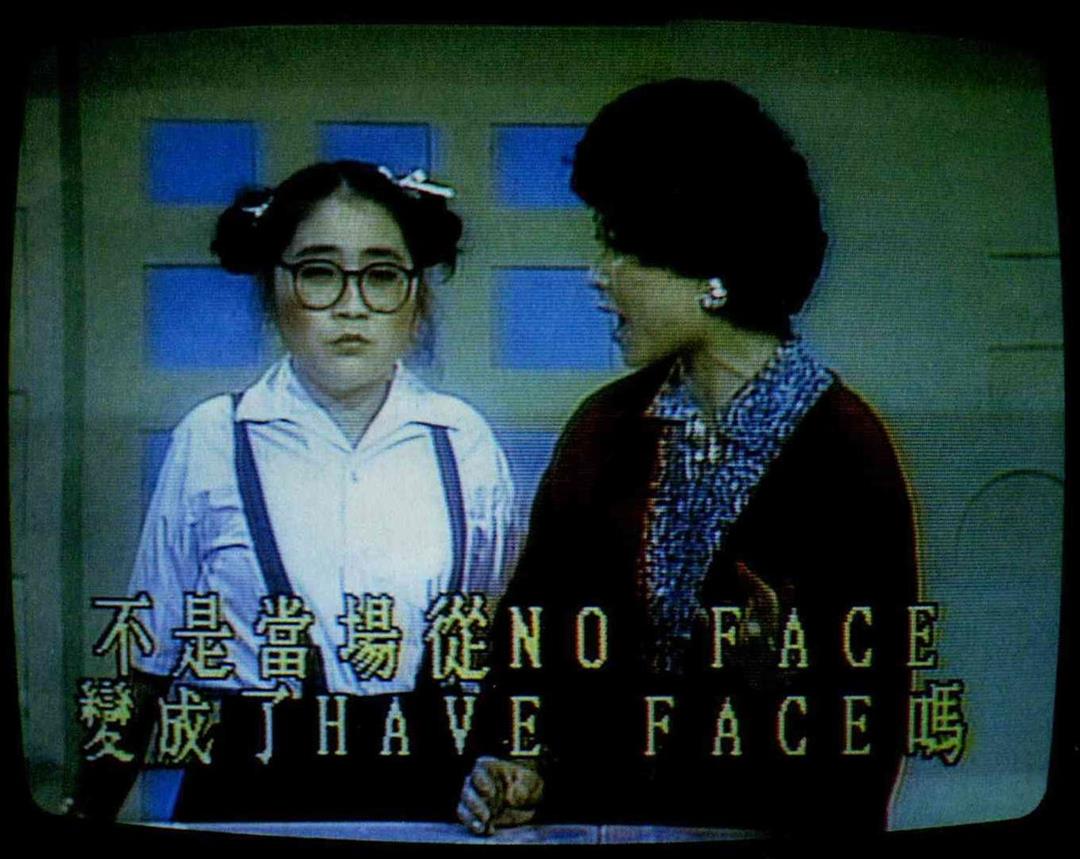
"Mei mien tzu" is the Chinese translation of the English "no face." It's considered "Taiwan-English." It's not a purely foreign word; Americans probably won't understand its meaning.
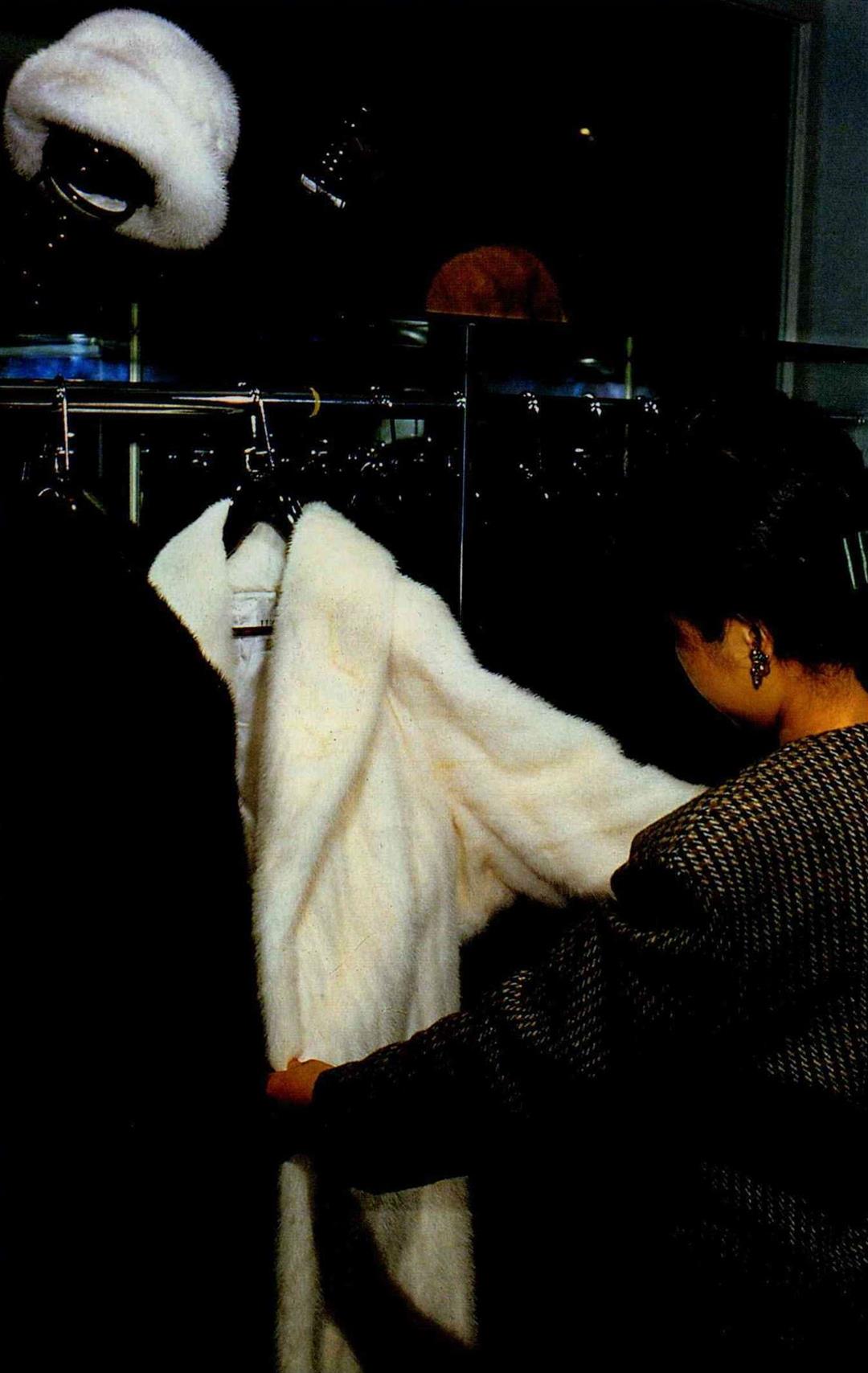
On Taiwan these mink coats from Hong Kong are known as "fur grass.".
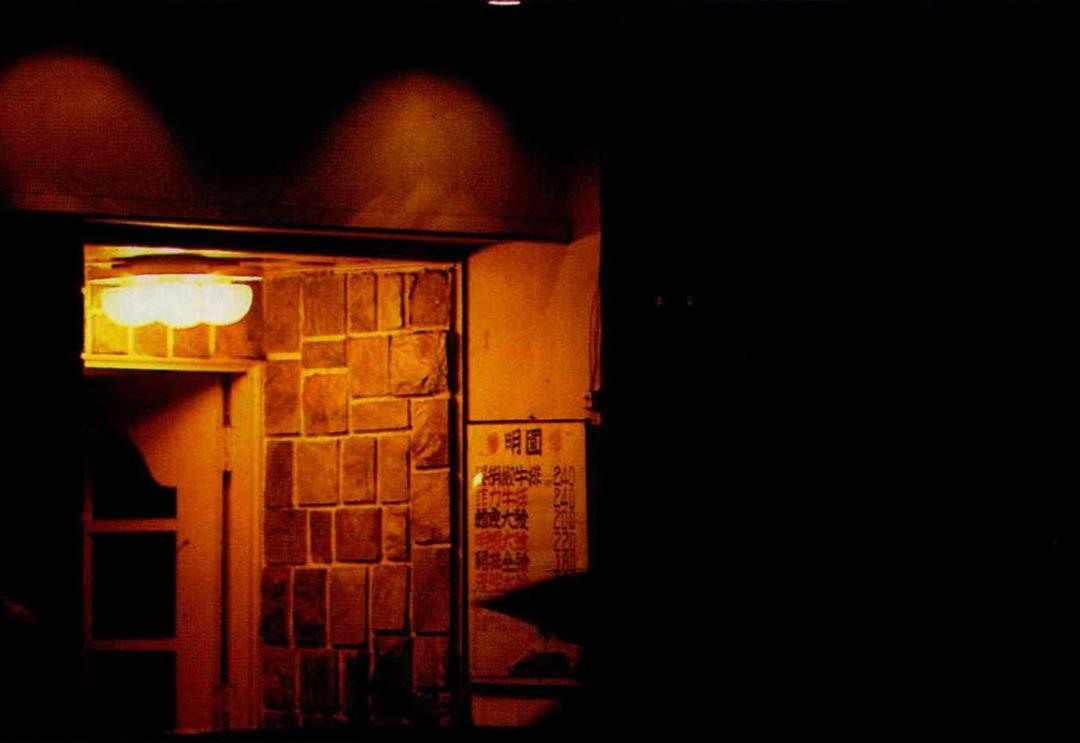
Kara-OK comes from the Japanese word "Karaoke". By singing "Kara-OK" you too can become a star.
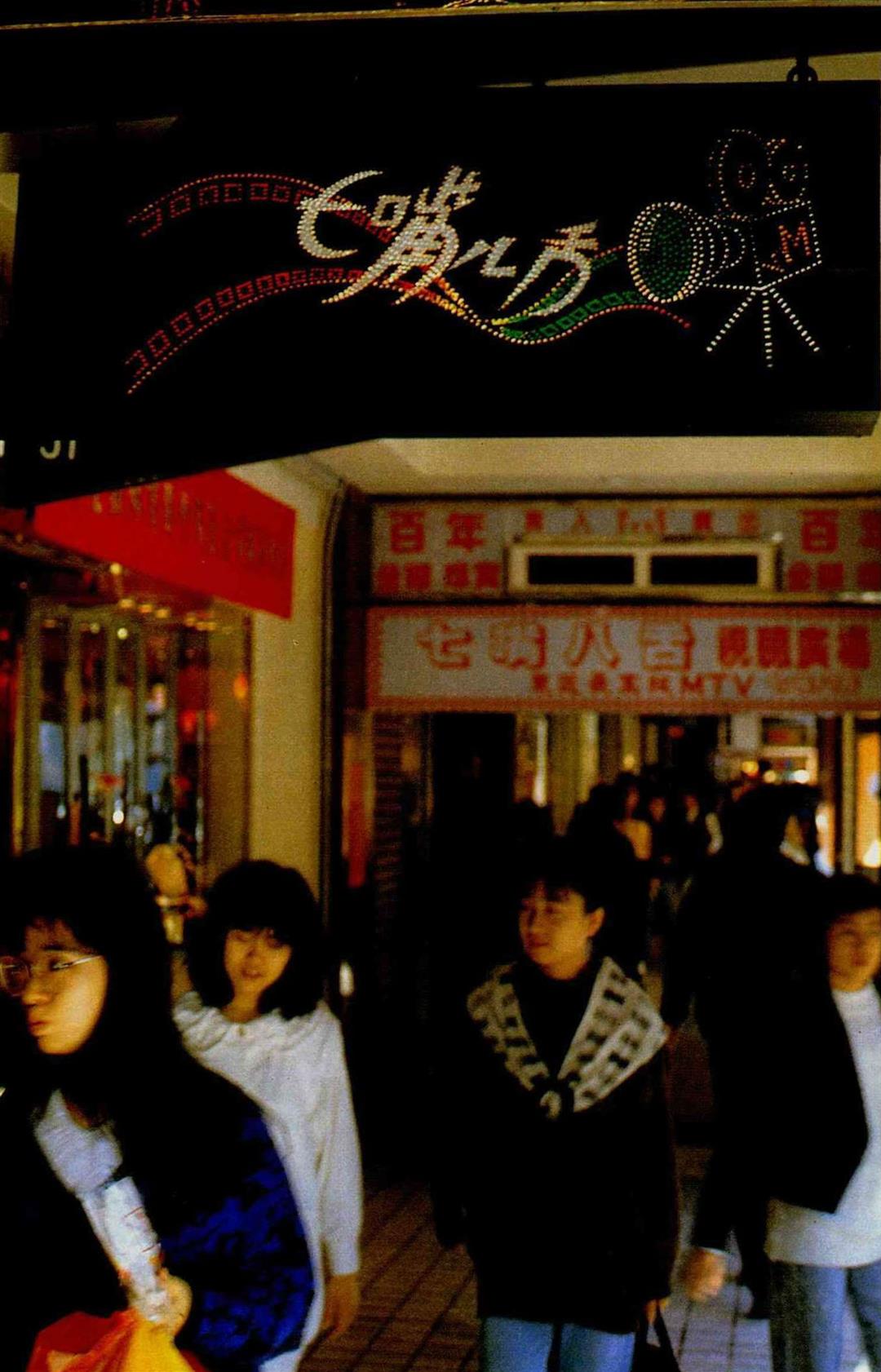
"MTV centers" are the most popular amusement sight for young people nowadays.